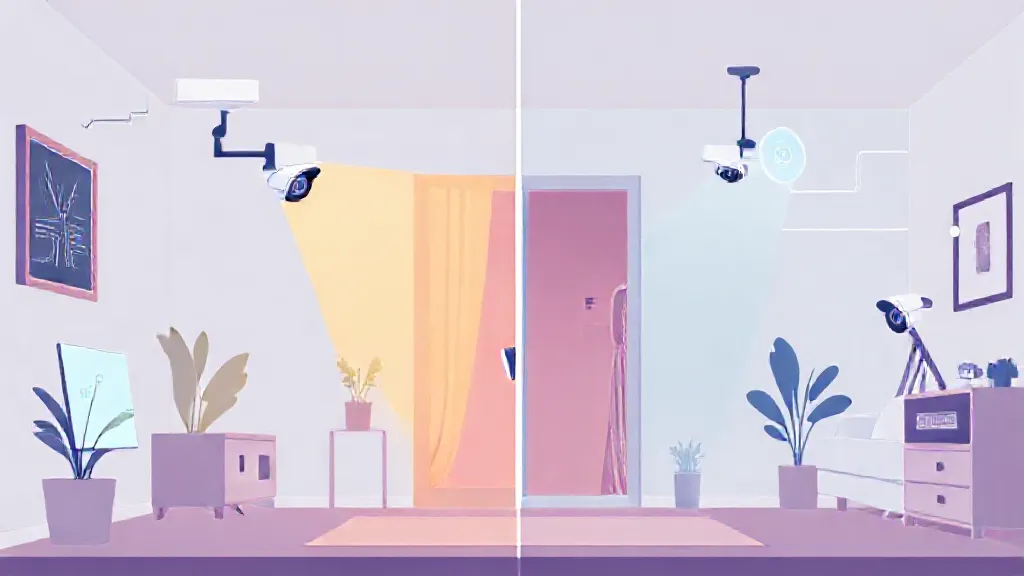Smart cameras have become an integral part of modern life, offering convenience, security, and connectivity. However, their widespread adoption raises significant privacy concerns that must be addressed. As these devices become increasingly sophisticated, understanding the implications of their use is essential for consumers, policymakers, and manufacturers alike.
The Rise of Smart Cameras in Everyday Life
The advent of smart cameras can be traced back to the integration of Internet of Things (IoT) technology into consumer devices. These cameras can connect to the internet, allowing users to monitor their homes remotely, receive alerts, and even interact with their environment through voice commands. While these features enhance user experience, they also create a continuous stream of data that can be accessed and analyzed, raising questions about who controls this information and how it is used.
Data Collection and Surveillance
One of the primary privacy concerns surrounding smart cameras is the extensive data they collect. These devices do not merely capture images; they also gather metadata, such as time, location, and even facial recognition data. This information can be stored and potentially shared with third parties, including law enforcement agencies and corporations.
The implications of this data collection are profound, as individuals may unknowingly be subjected to constant surveillance, leading to a loss of anonymity in public and private spaces.
Vulnerabilities and Cybersecurity Risks
Smart cameras are not immune to hacking and cyberattacks. Security vulnerabilities in these devices can be exploited by malicious actors to gain unauthorized access to live feeds and stored footage.
High-profile incidents have demonstrated that poorly secured cameras can be turned against their owners, leading to invasions of privacy and potential harassment. As consumers increasingly rely on these devices for security, the risks associated with inadequate cybersecurity measures become more pronounced.
Legal and Ethical Considerations
The legal landscape surrounding smart camera usage is still evolving.
In many jurisdictions, laws governing surveillance and data protection are not keeping pace with technological advancements. This regulatory lag can leave consumers unprotected and uncertain about their rights. Ethical considerations also come into play, as the balance between security and privacy becomes a contentious issue.
For instance, businesses that utilize smart cameras for employee monitoring must navigate the fine line between ensuring safety and respecting individual privacy rights.
Public Spaces and the Erosion of Privacy
The proliferation of smart cameras in public spaces, such as streets, parks, and shopping centers, has sparked debates about the erosion of public privacy. While these cameras are often justified in the name of public safety, they can lead to a culture of surveillance where individuals feel constantly watched.
This phenomenon raises questions about the societal implications of normalizing surveillance and the potential chilling effect on free expression and behavior.
Consumer Awareness and Control
As consumers become more aware of the privacy concerns associated with smart cameras, the demand for transparency and control over personal data is increasing. Manufacturers are being urged to implement stronger privacy protections, such as data encryption and user-friendly privacy settings.
Consumers should also take proactive steps to safeguard their privacy, such as regularly updating device firmware, using strong passwords, and being selective about the information they share.
The Future of Smart Camera Technology
Looking ahead, the future of smart camera technology will likely involve a greater emphasis on privacy by design. As public awareness of privacy issues grows, manufacturers will need to prioritize consumer trust and ethical considerations in their product development.
Innovations such as edge computing, where data is processed locally rather than in the cloud, may offer solutions that enhance privacy while still delivering the benefits of smart camera technology.
Conclusion: Balancing Security and Privacy
In conclusion, while smart cameras offer numerous advantages, they also pose significant privacy concerns that cannot be overlooked. Striking a balance between security and privacy will be crucial as technology continues to evolve.
Stakeholders, including consumers, manufacturers, and policymakers, must collaborate to ensure that the benefits of smart cameras do not come at the expense of individual privacy rights.
